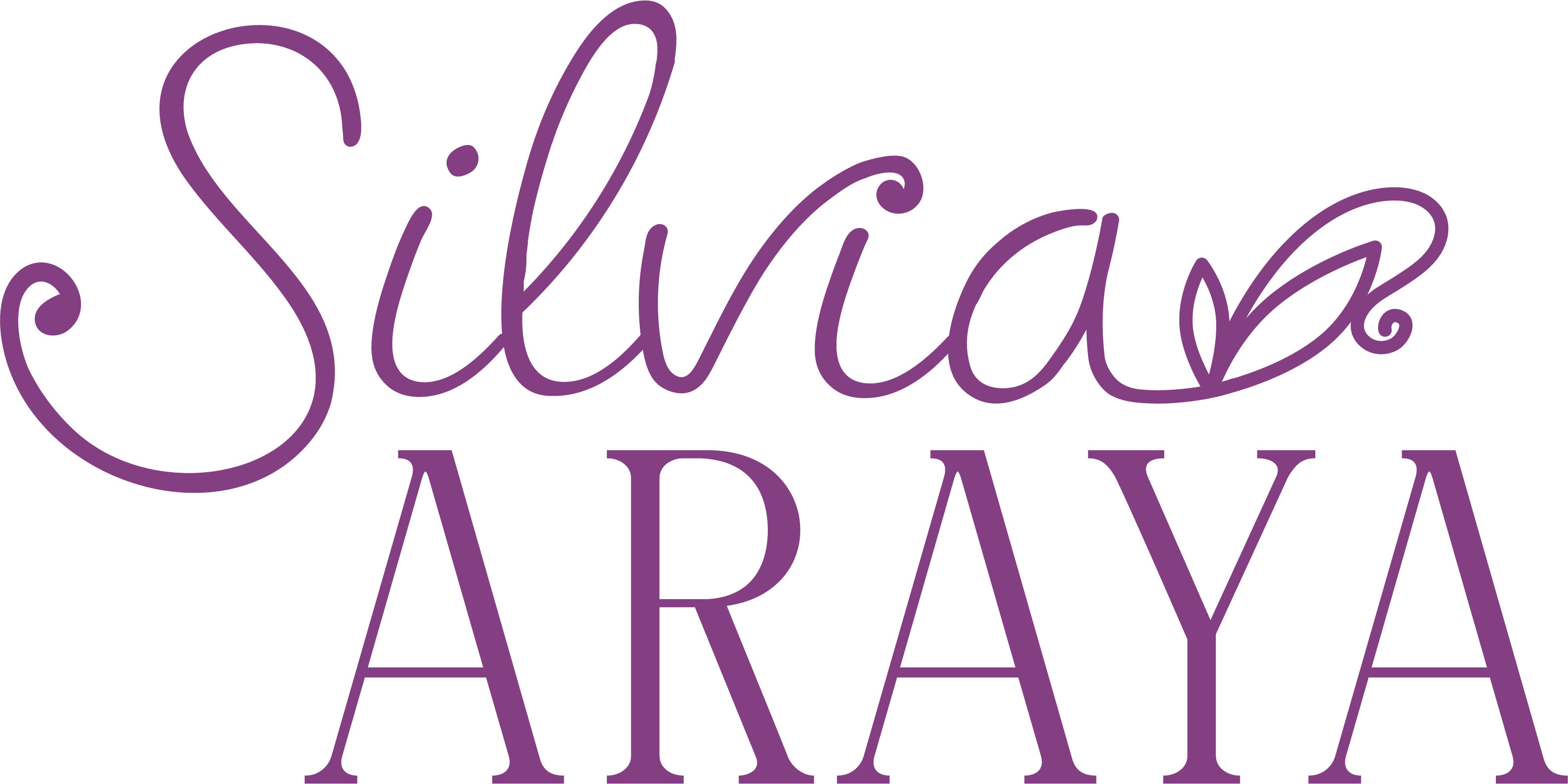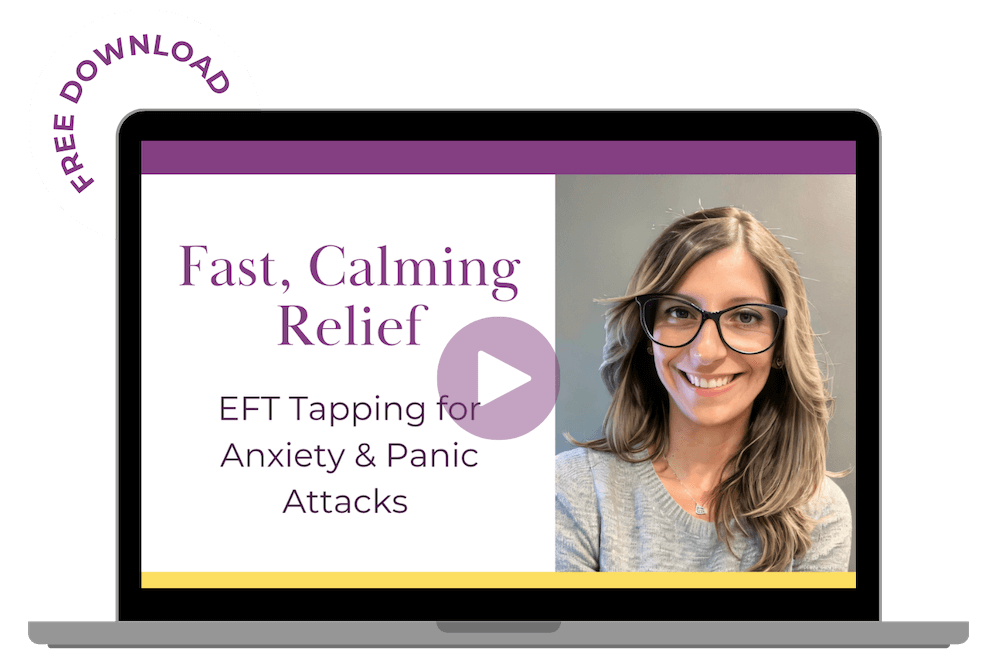In the chaos of interpersonal juggling, a silent symphony often plays. A symphony conducted not by victors or vocalists, but by the many unsung scriptwriters nestled deep within our psyche—trauma survivors. Like invisible ink manifesting under the scrutiny of a certain light, trauma’s undertones are unmistakable once deciphered in our conversations, entwined within our sentences, and encrypted in the silences.
A Narrative Thread of Trauma
Tales of trauma seldom start with the bangs and crashes we’re taught to anticipate from blockbuster dramas. Often, they begin with the hush of an untouched piano key, reverberating through the years, a silent motif growing louder in the unguarded moments of daily life. This narrative thread of trauma entwines itself into the fabric of our speech and socialization, bequeathing us with unique dialogues rife with subtext.
Unspoken Pains, Unfinished Sentences
Walking through life in the aftermath of adversity results in an eloquent yet exasperating dance—trying to express the inexpressible. The struggle to voice the unspoken pains and incomplete stories is an everyday battle that many survivors face. These are the narratives of the unspoken, adorned in the truth of what was and the plea for acknowledgment in everyday conversations. They are the sentences we wish to finish but seldom do, halted by the unfamiliar terrain of vulnerability.
Dialogues of Defense
In conversations, trauma survivors often craft dialogues of defense, their speech peppered with verbal indicators of self-preservation. Expressions like “I’m fine,” “It’s not a big deal,” and “I’m used to it” become verbal walls, harkening back to defense mechanisms that are no longer necessary but stubbornly remain. These exchanges lead us down emotional cul-de-sacs, where protection is prioritized over connection, leaving the survivor and interlocutor at an impasse.
Echoes of the Past in Present Pronouncements
Post-traumatic stress can transform our conversations into time machines, flitting between the past and the present with disquieting ease. The echoes of bygone days resound in our present pronouncements, be it the sudden silence when a certain topic arises or the rapid, panicked patter of someone catching up to their breath. The catalysts for these temporal shifts can often be innocuous, stirring memories trapped within the annals of the mind, manifesting in the now.
Reclaiming Language Through Rituals and Reflection
However, this need not be our lexicon’s lament. We possess the power to reclaim language through individual and collective rituals of reflection. The simple act of choosing words with intention, of sharing and listening with mindful presence can recontextualize our conversations, offering a healing balm to the linguistic wounds that trauma inflicts.
Strategies for Self-Expression and Solidarity
Empowerment through expression need not be a solitary endeavor. Through group narratives and support systems, survivors can craft dialogues of solidarity—experiences amplified in their reiteration to empathetic listeners. These group dialogues carry an unspoken understanding, a language of the unspeakable, where wounds transformed into words serve as both testimony and triumph.
The Healing Power of Dialogue
Acknowledging trauma’s influence on our dialogue is the first step to healing the language we use to narrate our lives. Through storytelling, articulating shared experiences, and fostering environments that encourage open conversational styles, we can tame the tempest within our daily dialogues. It’s a commitment to communication that is at once our armor and our bridge, connecting us in the defiance of silence and the power of shared expression.
Closing The Lingual Divide
In the denouement of our shared story, the quest remains—how do we articulate the vastness of our human experience, encompassing both the spoken and unspeakable? We traverse this divide not as victims or survivors but as custodians of a language constantly reshaped by life’s upheavals. With courage and collective consciousness, we bridge the gap, closing the lingual divide that trauma has widened, and in doing so, discover the untranslatable poetry of our shared humanity.







